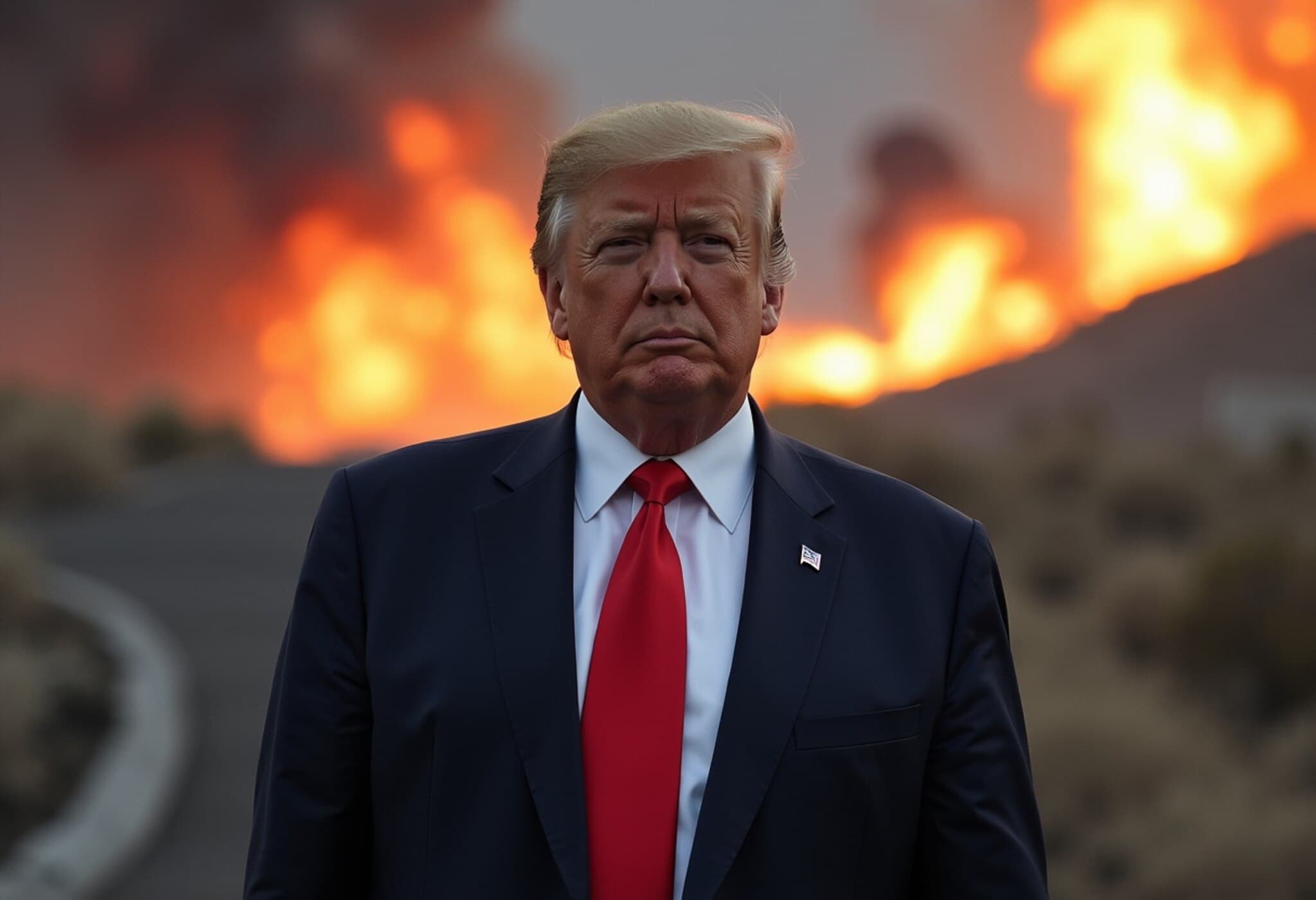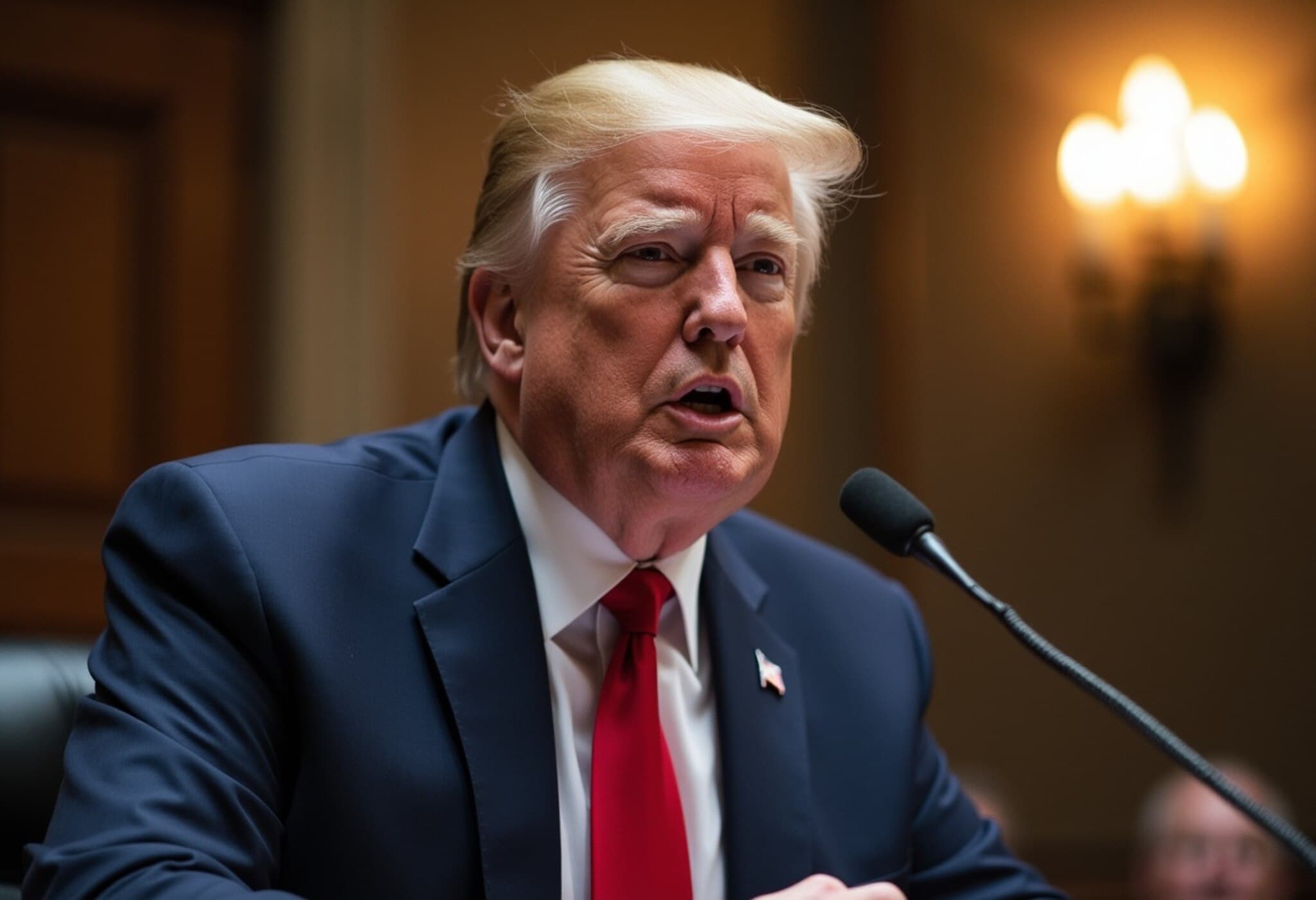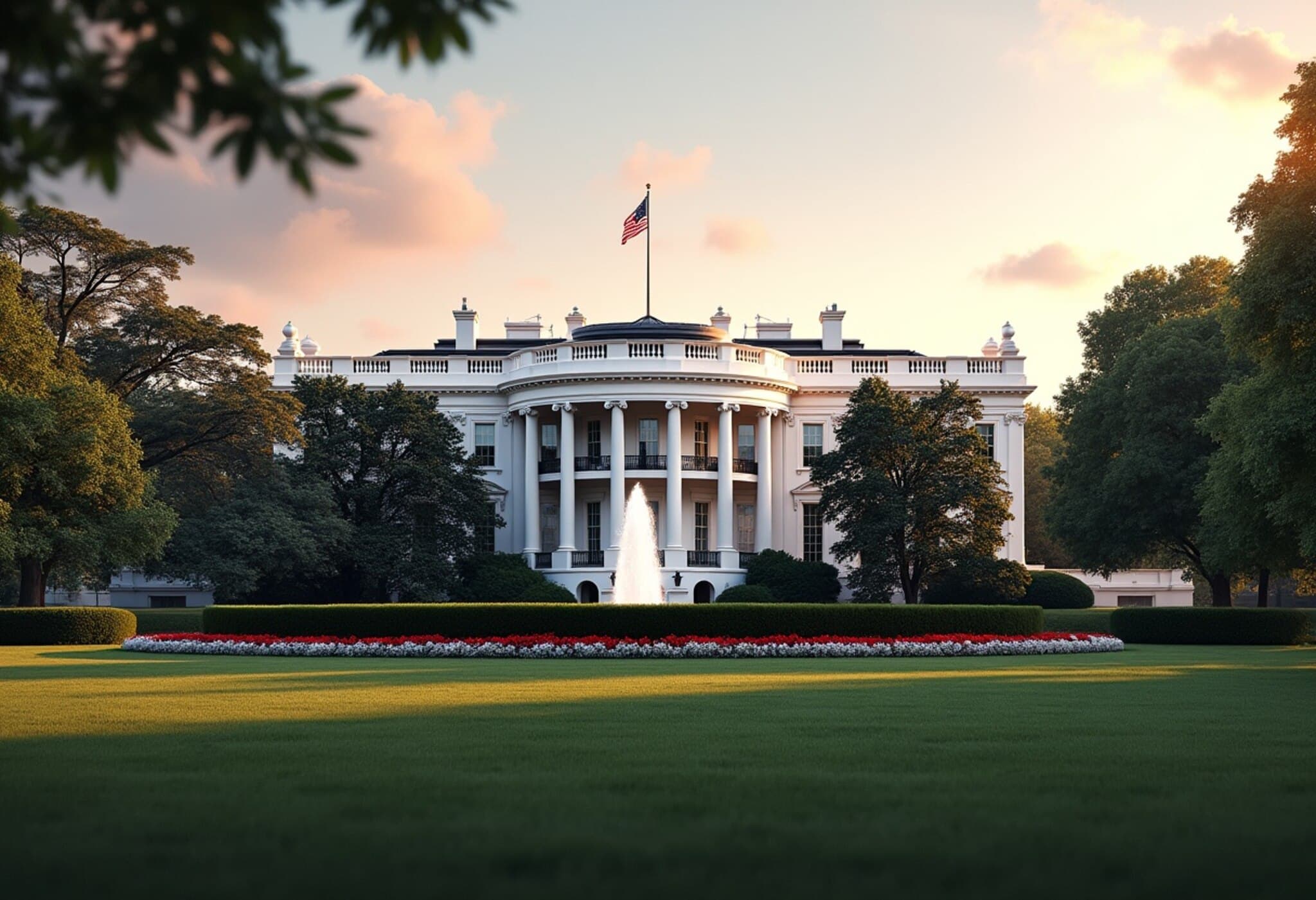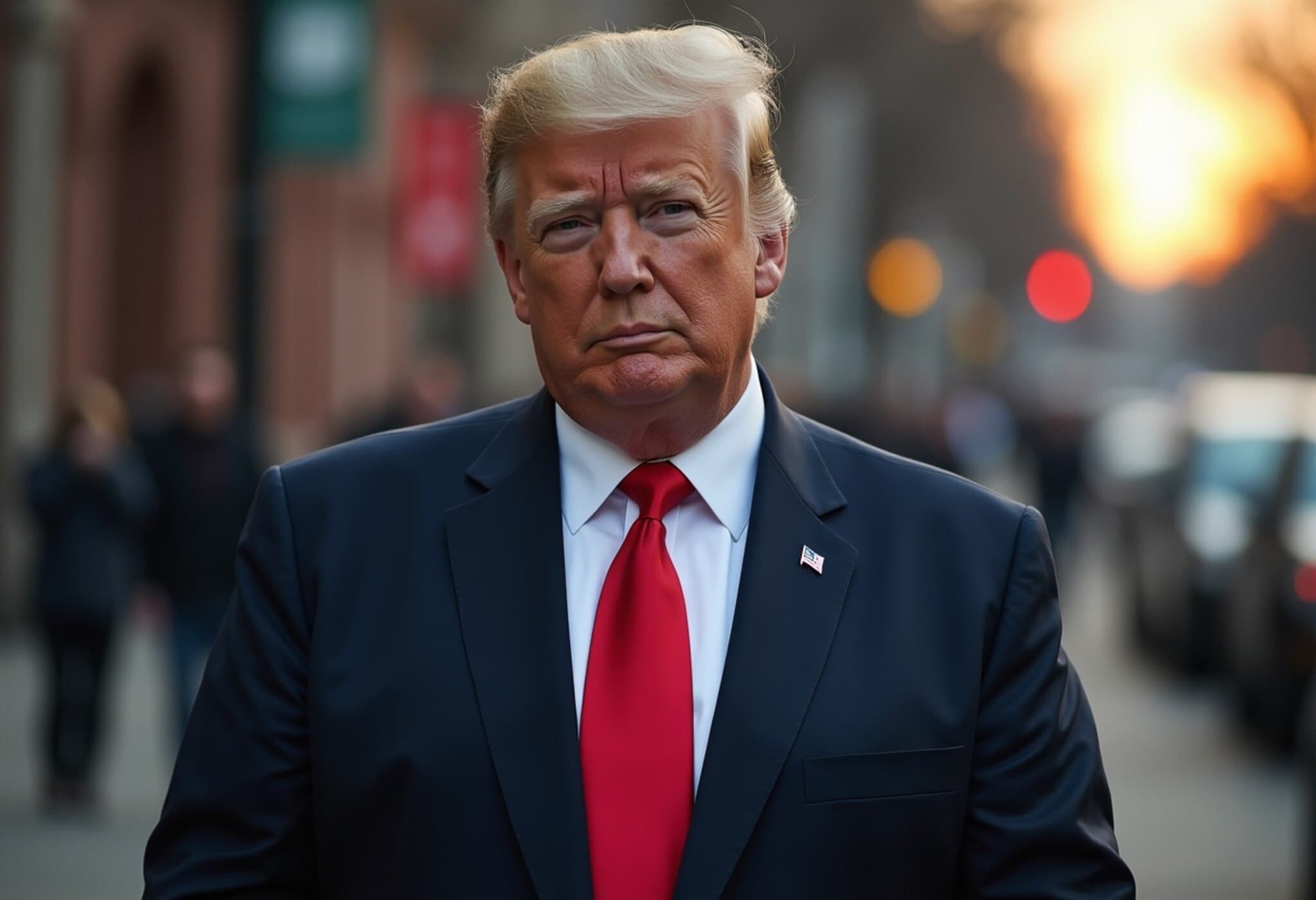Congress Divided Over Legality of Iran Airstrikes
As President Donald Trump authorized strikes on Iran’s key nuclear enrichment sites, lawmakers from both parties voiced concerns over the legality of the attacks. Despite strong support from many Republicans, a notable faction of legislators questioned whether the President acted within his constitutional bounds without explicit congressional approval.
Republican Holdouts Challenge Trump’s Authority
Among the dissenters was Rep. Warren Davidson (R-Ohio), traditionally a Trump ally, who openly doubted the constitutional justification for the military action. "While President Trump's decision may prove just, it's hard to conceive a rationale that's Constitutional," Davidson said, expressing anticipation for Trump’s upcoming remarks.
Similarly, Rep. Thomas Massie (R-Ky.) criticized the strikes, labeling them "not Constitutional" on social media. Massie has previously sought legislation to block unauthorized military action against Iran without a formal declaration of war or congressional authorization.
Democrats Decry Unauthorized Military Action
Democratic lawmakers voiced even stronger opposition, deeming Trump’s unilateral strike an overreach of presidential power. Senator Bernie Sanders (I-Vt.) condemned the attack as “grossly unconstitutional” during a speech, emphasizing that only Congress holds the authority to declare war. “The president does not have the right,” Sanders declared, as the crowd responded with chants of “no more war!”
Several Democrats went further, with Rep. Alexandria Ocasio-Cortez (D-N.Y.) asserting the attack presents “clear grounds for impeachment.” She criticized the move as a “grave violation of the Constitution and Congressional War Powers,” warning it could embroil the U.S. in lasting conflict.
Echoing these concerns, Rep. Sean Casten (D-Ill.) stressed the importance of congressional approval before engaging in hostilities absent an imminent threat. Calling the strike an "unambiguous impeachable offense," he urged House Speaker Mike Johnson (R-La.) to stand firm in defending Congress’s war powers.
Republican Leadership Defends the Strike
Speaker Johnson defended Trump’s actions as consistent with historical precedent for limited military interventions by presidents of both parties. "The President fully respects the Article I power of Congress, and tonight's necessary, limited, and targeted strike follows the history and tradition of similar military actions under presidents of both parties," he stated.
Senate Majority Leader also backed Trump, hinting that bipartisan political support could blunt significant backlash within the Republican-controlled Congress.
Democrats Warn of Escalation and Unconstitutional Overreach
House Minority Leader criticized Trump for bypassing Congress, raising alarms over potential deeper involvement in Middle Eastern conflicts. However, he stopped short of declaring the strike unconstitutional.
In contrast, House Minority Whip Katherine Clark (D-Mass.) was unequivocal. “The power to declare war resides solely with Congress. Donald Trump’s unilateral decision to attack Iran is unauthorized and unconstitutional,” Clark said. She expressed concern that the President’s move endangers U.S. personnel and risks heightened regional tensions.
Implications for Trump's Support Base
On MSNBC, Rep. Ro Khanna (D-Calif.), who teamed with Massie on a resolution contesting unapproved military action, suggested the strike could fracture Trump’s MAGA support, particularly among anti-war voters who backed him in 2016 for opposing prior conflicts.
Looking Ahead
As Trump defends his Iran strikes, the debate over constitutional authority and war powers intensifies, revealing cracks within both parties. The unfolding political clash will shape the balance between executive action and congressional oversight on military decisions.











